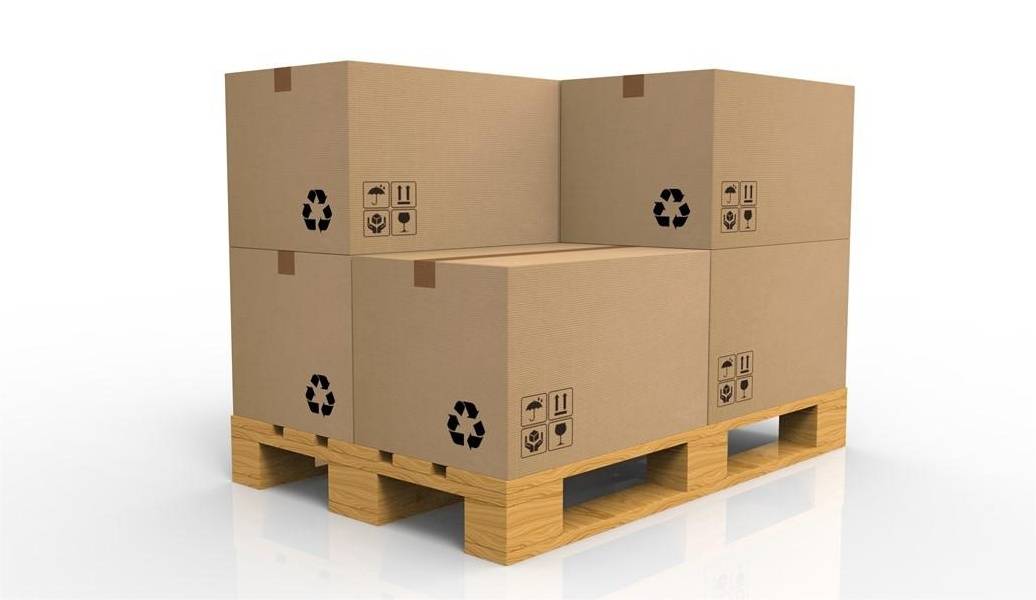2023-01-11
If you are responsible for the shipping of your business, you cannot afford to make any mistakes, as even one can cost you time, money and customers. Shipping problems are any errors that may occur during transit, from inaccurate information on a bill of lading to failure to comply with country-specific regulations. Such errors can be costly and lead to delays in the shipping process.
Next, we'll discuss ten common shipping problems and how to avoid them. Read on to learn more about how to streamline your shipping process and avoid costly mistakes.
A Bill of Lading (BOL) is a legal document that serves as proof of ownership of the goods being transported. The shipper and carrier should sign the BOL and list the details of the goods, including their origin, destination and contents. The B/L document also acts as a contract between the shipper and the carrier, outlining the responsibilities of each party.
With the amount of detailed information that must be recorded, shippers often use incorrect item descriptions, enter the wrong number of pieces, notify the incorrect party or neglect to read the terms of the Bill of Lading. These errors can be costly but can be easily avoided by entering the information correctly, and double checking is a good way to ensure that the information is accurate.
The extra effort may not seem necessary but remember what is at stake when accuracy is not guaranteed: It's your product and your company's image.
Improper packaging can lead to damaged goods, which can lead to consumer dissatisfaction and further expense. Experts claim that the structural integrity of most shipping containers deteriorates significantly during a single voyage, even for boxes with the right packaging and proportions.
If the packaging is not the right size, the risk of damage to the cargo increases significantly. Why would you want to undermine all the time and effort you have invested in making a quality product by utilizing containers that are not suitable for shipping?
Even if the packaging is correct, check that your product is securely fastened to the pallet and that it is not filled with overhanging packaging. Instead, stack items in column stacks or interlocking patterns, secure them with stretch film and straps, and add padding to further improve stability, strength and stress absorption.

During busy periods or when products are in high demand, you may need thousands of boxes, rolls of tape, labels, bubble wrap and other packaging supplies to deliver orders on time. If you don't prepare in advance, you risk delaying deliveries and wasting time having to reorder supplies. A 3PL partner will always have the right measures for quick connections for packaging supplies and forecasting spikes in demand, and they can help you to solve the problem.
While this may seem easy to avoid, it often happens on different levels. It's a silly mistake that can cost you a lot of money and cause your goods to arrive later than expected. If you provide the wrong address or the autofill function enters the wrong address for you, your goods will be delivered to the wrong location. It will therefore need to be found and re-directed to the correct address.
Rerouting costs, missed deadlines and most regrettably, customer dissatisfaction all result from this, which takes time and resources.
Incorrect labeling is a major issue in supply chain management. This is because it can result in products being shipped to the wrong destination or mislabeled and not meeting the quality standards set by the manufacturer. This issue can lead to delays in the supply chain and ultimately to customer dissatisfaction.
Nowadays, if your warehouse does not employ technology, you are in trouble. Technology offers amazing time-saving and cost-effective benefits to reduce errors at every stage of the supply chain. For example, it allows you to read barcodes on packages and print the correct shipping labels. Thanks to computerized processing, time is saved, costs are avoided and accurate deliveries are guaranteed.
Although it is an integral part of the bill of lading, freight classes and weights should be listed separately, as listing them incorrectly can have significant and costly consequences. If you try to estimate the weight of a shipment without the help of a weighing station, you will inevitably incur additional charges. This is also true if the freight class is incorrectly graded.
Shippers usually tend to list their shipments in the lowest possible class, as lower classes are associated with lower prices. However, if they are wrong, the cost of reclassification will significantly outweigh the change in the class margin.
This may not be a big issue for some, but if you are shipping hundreds or thousands of shipments a year, these additional costs can add up quickly. Not to mention how it can damage one's reputation and brand image.

Although palletizing takes time and work, it is much better than loose stacks of product that can move during transit causing damage. In addition, most LTL carriers will not let you ship without a pallet. If you don’t, they will palletize your product and charge you for it. While this is a subject for negotiation, doing it yourself will cost you significantly less.
If you don't palletize your shipment, it could cause major problems for your supply chain. Your products may be damaged in transit and tracking your inventory will be more difficult. In addition, if your shipments are delayed, your customers may not receive their orders on time.
Insurance is vital for transporting goods as it protects them in the event of damage or loss. Without insurance, the shipper will be liable for any damage caused during transit. If the goods are lost or stolen, the owner will also be liable for the loss. Such shipping problems can lead to financial loss for the shipper.
By paying a relatively small amount for insurance, you can avoid having to worry about possible future accidents and avoid the potentially serious replacement costs of an entire shipment. Remember that natural disasters, theft, accidents and human error are a constant threat to the safety of your shipment. In addition, longer distances and the complex handling of oversized or overweight parcels increase the likelihood of errors.
If you rely on one carrier for all your shipments, you're making a big mistake that could affect your entire supply chain. Let me answer that for you.
Firstly, it's like putting all your eggs in one basket, and your carrier is that basket. If something happens to your carrier, whether it's an accident or a strike, you may not be able to get your products to your customers, which can result in lost customers and finances.
Secondly, you will miss out on potential cost savings. Different carriers offer different rates, so if you only use one carrier, you may pay more. You can get the best rates and save money by hiring multiple carriers.
Thirdly, you may delay your shipment. If your carrier has a slow week, your shipment may be delayed. This could cause problems in the supply chain and lead to further delays.
Finally, your carrier may be overbooked. Carriers often overbook their capacity to ensure they finish on time. This means that if there is a surge in demand at the last minute, your shipments may be affected.
So, while it may seem sensible to have a reliable partnership, entrusting all your shipments to one carrier could end up costing you a lot of money. If you want to take advantage of competitive rates and flexible operations, building relationships with a wide range of carriers is a smart business move.
It is important to comply with the transport regulations of each country/region for a number of reasons. Firstly, these regulations are in place to protect the safety of the workers handling the goods and the people who will eventually use the products being transported. Secondly, these regulations help to ensure that products reach their destination in a timely and efficient manner. Finally, compliance with transport regulations helps to avoid costly delays and penalties.
Please note that if you are exporting outside of the country there may be additional rules, fees, taxes, documentation, etc. that will lengthen the shipping process and increase costs. Each country/region has different shipping standards, so it makes sense to work with an experienced freight forwarder. They can guarantee the accuracy and efficiency of their shipments and are familiar with the rules of the country/region you are shipping to.
Shipping is a complex process and many potential mistakes can be made. By understanding these mistakes and taking steps to avoid them, you can ensure that your business ships smoothly.
JIKEship, a global company based in China, offers a suite of tools to help you streamline your shipping process and avoid mistakes. With JIKEship, you can get real-time quotes from multiple carriers, book and track shipments, and manage your documents.

How to calculate shipping costs for small businesses? Rely on JIKEship for your freight, so you can focus on your business. Start saving on shipping costs.
2023-01-06
We use third-party cookies in order to personalise your experience.
Read our cookie policy